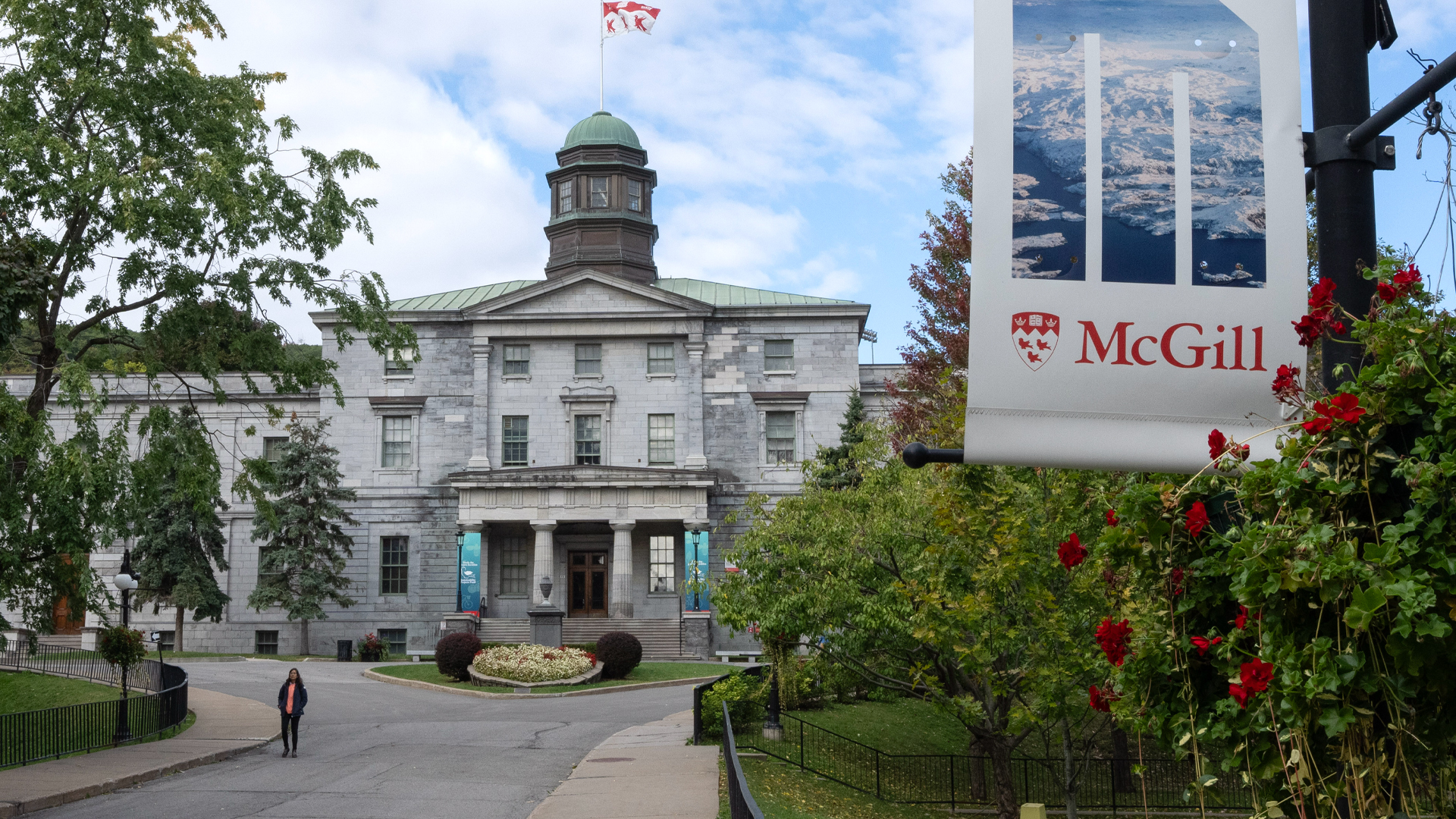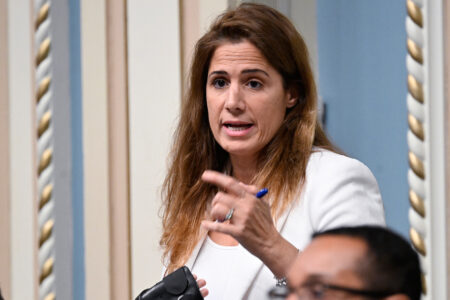
(Version française disponible ici)
Quebec Minister of Higher Education Pascale Déry has imposed a new requirement for students to learn French at McGill and Concordia universities.
As of 2025-2026, 80 per cent of non-Quebec students will have to achieve an intermediate level of oral French by the end of their studies, as determined by the Échelle québécoise des niveaux de compétence en français.
In a context where university funding is limited, the unforeseen obligation to schedule hundreds of additional French courses each year rightly worries the senior executives of McGill and Concordia.
Both institutions have expressed serious reservations about the targets set by the minister, which are twice as high as their initial offer (McGill and Concordia had proposed a francization target of 40 per cent). Such a scenario would harm the core business of these establishments on several levels.
A major impact on program quality
On one hand, the targeted universities would be forced to replace hundreds of courses students need to complete their programs with French classes. The alternative would be to extend the duration of studies by about a semester for students to take all necessary classes.
This would force these institutions to cut back on the quality of their programs. Their only remaining choice would be to determine which cohorts of students would be penalized more than others by having to extend their studies, with reduced choice of courses to boot.
According to McGill University, achieving level five in oral proficiency requires the completion of 18 credits of French as a second language courses. This is equivalent to more than one full-time university semester (usually 15 credits), devoted solely to French courses. McGill and Concordia universities would therefore have to schedule a series of six three-credit French courses each year.
This imposition of hundreds of additional French classes that would be needed for the “francization” of 80 per cent of McGill and Concordia’s undergraduate students can only have a significant and detrimental impact on the teaching operations of both universities. Like all other Quebec and Canadian universities, McGill and Concordia have limited operating budgets they must live with when planning the annual course schedule.
For example, since the total number of courses is limited by the funds available, courses are already offered in rotation rather than every semester or every year, and care is taken to ensure that certain courses are optional for students in more than one program.
Every year universities play a balancing act between offering too few or too many courses in each of the disciplines in which they offer programs. They seek the optimal number of courses to offer in relation to costs, to find a balance that satisfies student needs with the smallest possible number of courses (at the lowest possible price). This is how they try to balance budgets.
Each year, students must take enough compulsory and optional courses to complete their studies in three or four years, depending on the program. Annual course scheduling is a complex exercise, and the quality of studies and the reputation of a university depend on it.
Reorganizing teaching staff at the expense of specialization
The additional French requirements would force McGill and Concordia to carry out a partial reorganization of their faculty. The first to bear the brunt would be lecturers.
Replacing hundreds of discipline-based courses with French-as-a-second-language courses would mean having to let go of specialists – people these universities rely upon to offer their programs – and then hire French teachers.
Faced with the impossible task of offering enough courses in certain disciplines each year and the resulting further cuts among faculty, McGill and Concordia could be forced to tighten or even suspend admission to certain programs – programs that have been approved for funding by the provincial government.
These scenarios would have a major reputational impact on both universities, diminishing their ability to attract students from all over Quebec, elsewhere in the country, and the world, a repercussion the minister, Pascal Déry, has probably not anticipated.









